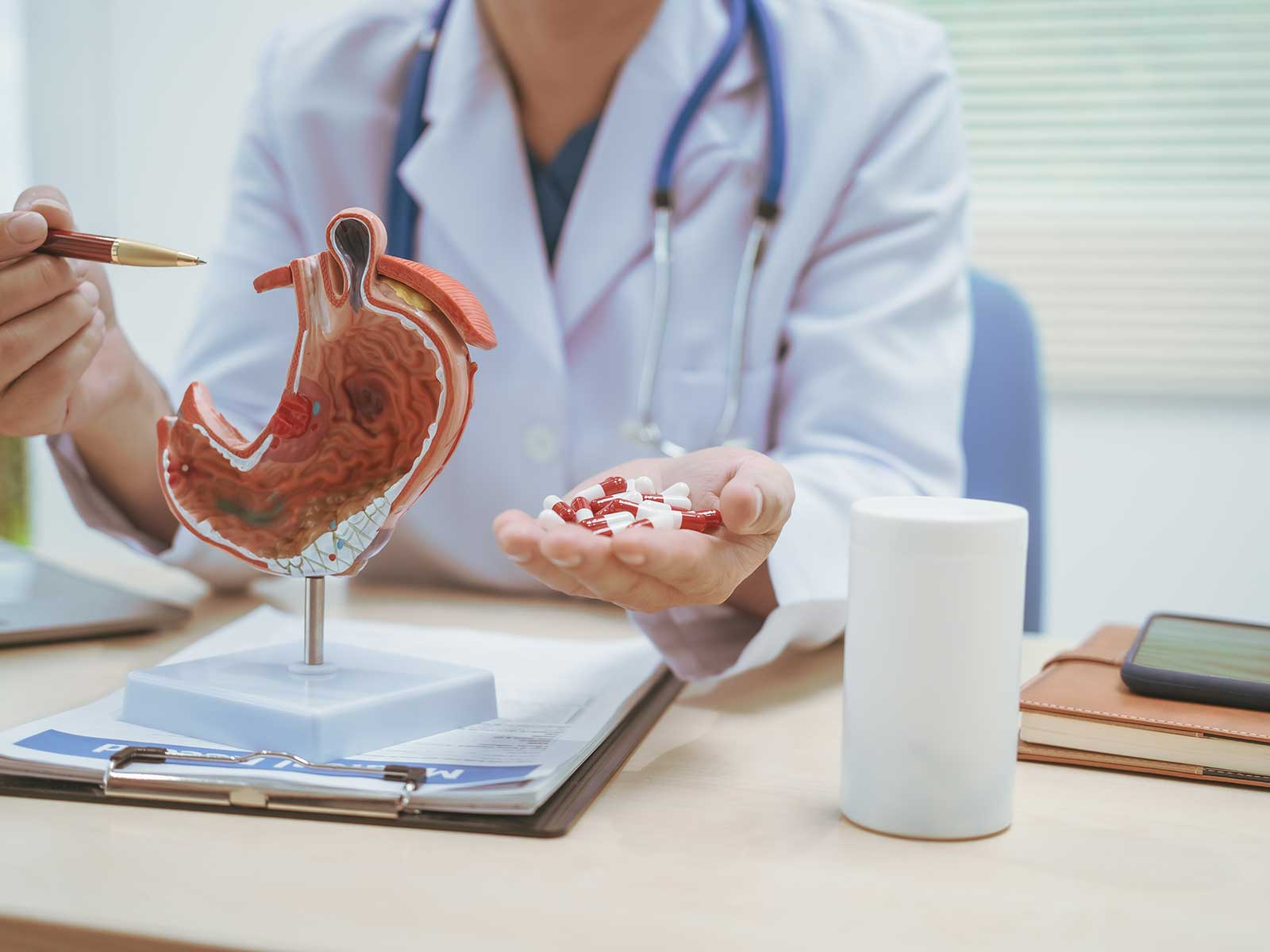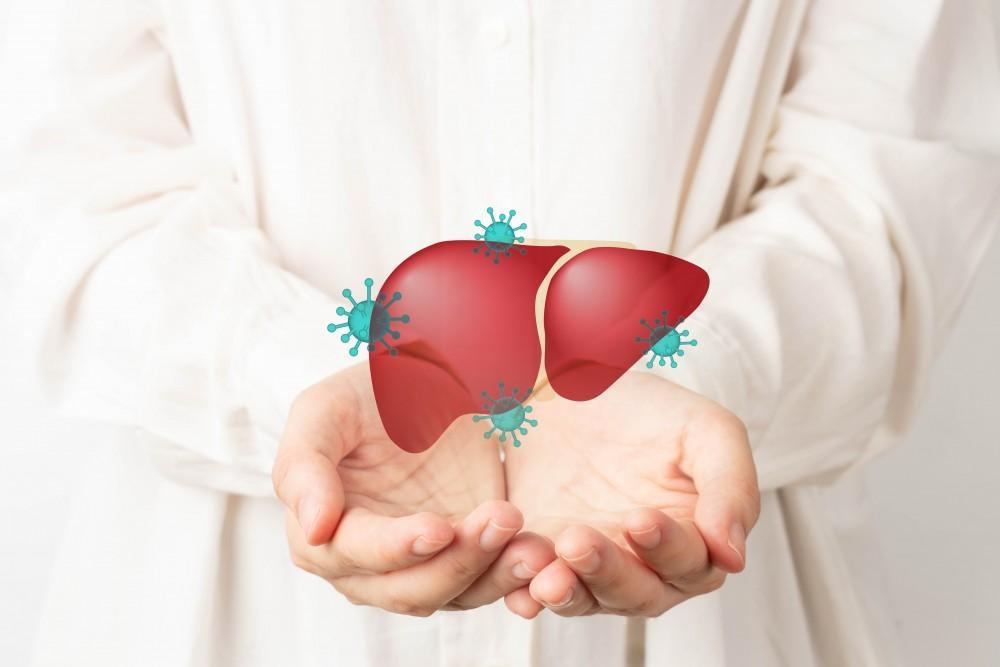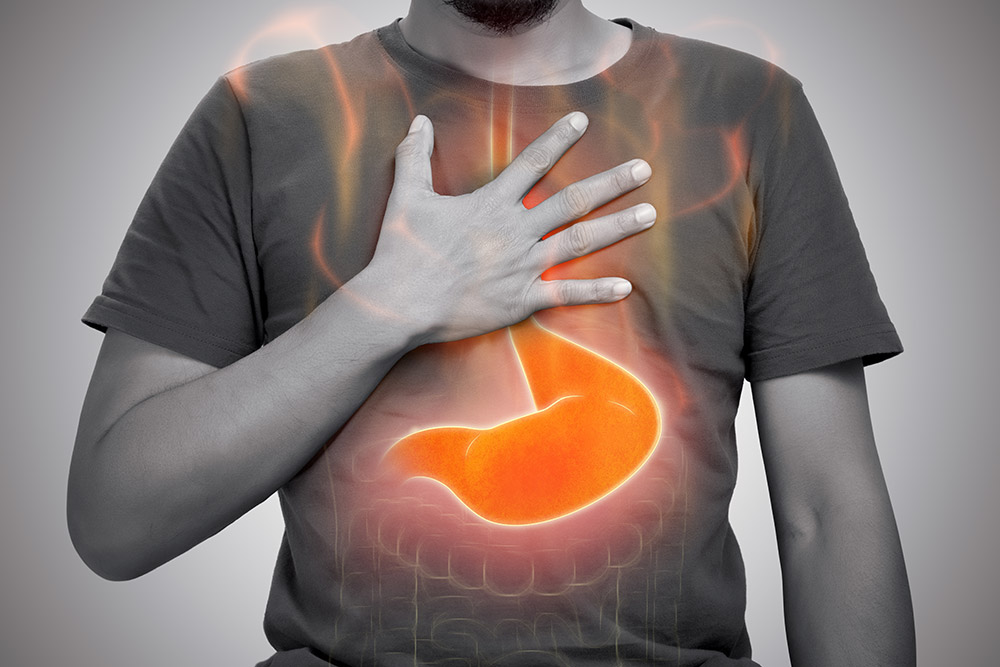How Dr. Scott Diagnoses Abdominal Distension?
Dr. Scott uses a step-by-step approach:
1. Medical History and Physical Exam
He begins by reviewing your diet, daily habits, bowel patterns, past surgeries, stress levels, and any medications or supplements that may be contributing to bloating.
2. Blood Tests
Laboratory tests help identify possible causes like:
- Signs of infection or inflammation
- Thyroid function abnormalities
- Liver or pancreatic issues
- Anemia or nutritional deficiencies
3. Breath and Stool Tests
- Breath tests: Used to detect Small Intestinal Bacterial Overgrowth (SIBO), lactose intolerance, or fructose malabsorption.
- Stool tests: Evaluate for infections, inflammation, fat malabsorption, and digestive enzyme deficiencies.
4. Imaging Studies
- Abdominal ultrasound: Assesses for fluid buildup (ascites), gas pockets, organ enlargement, or tumors.
- CT scan or MRI: Offers more detailed views if mechanical obstruction, hernias, or abnormal growths are suspected.
5. Endoscopy or Colonoscopy
If gastrointestinal inflammation or obstruction is suspected:
Upper endoscopy: Checks for gastritis, ulcers, or delayed gastric emptying.
Colonoscopy: Evaluates for colonic causes like diverticulosis, strictures, or cancer.
6. Functional and Motility Testing (if needed)
- Gastric emptying scan: Determines if your stomach is emptying too slowly (gastroparesis).
- Transit studies or motility tests: Measure how food moves through your intestines.
7. Individualized Follow-Up
Based on test results, Dr. Scott may recommend advanced testing, a trial of dietary modifications, or referrals to a nutritionist to identify specific triggers and craft a personalized care plan.

Frequently Asked Questions
What is abdominal distension?
Abdominal distension is a sensation of fullness or visible swelling in the belly, often caused by gas, fluid, or digestive issues.
When should I see a doctor for abdominal distension?
Seek medical attention if the distension is persistent, painful, accompanied by weight loss, vomiting, blood in stool, or changes in bowel habits.
Can abdominal distension be caused by food?
Yes. Common triggers include lactose, gluten, carbonated drinks, beans, and high-fat or high-fiber foods.
Does stress make abdominal distension worse?
Yes. Stress can disrupt digestion, slow motility, and worsen symptoms in conditions like IBS, which may lead to bloating and discomfort.
Is abdominal distension the same as bloating?
They are related but not identical. Bloating is the subjective feeling of fullness; distension is the actual increase in abdominal size.
Can constipation lead to abdominal distension?
Absolutely. When stool builds up in the colon, it can cause a bloated, swollen abdomen and discomfort.
How is abdominal distension diagnosed?
Dr. Scott uses physical exams, blood work, stool and breath tests, imaging studies, and sometimes endoscopy or motility testing to find the cause.
Can abdominal distension be a sign of something serious?
In some cases, yes. Conditions like ascites, tumors, bowel obstructions, or liver disease may present with chronic distension and require urgent care.
Will diet changes help reduce abdominal distension?
Yes. Avoiding trigger foods, eating slowly, and following a low-FODMAP or anti-bloating diet can significantly reduce symptoms.
What treatments are available for abdominal distension?
Treatment depends on the cause and may include dietary adjustments, probiotics, medication for motility or gas relief, and treating underlying conditions.












